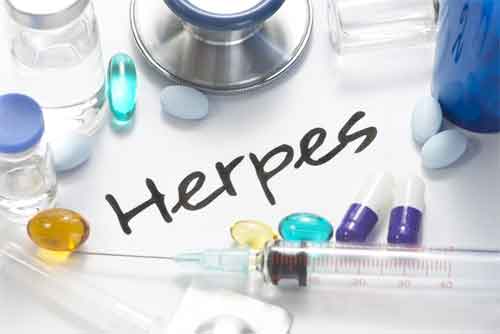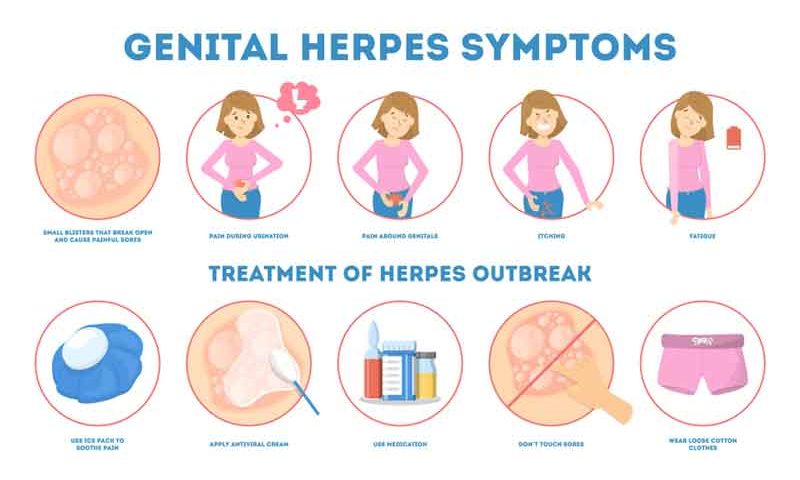Genital herpes is most often caused by the second strain of the herpes simplex virus HSV-2; however, it can also be caused by HSV-1, the strain most commonly associated with oral herpes or “cold sores.”
While not often spoken about, genital herpes is very common. A 2017 study published in the British Medical Journal found that as many as one in eight Australians, one in five Americans and one in four adults in the UK are living with genital herpes. Check out here at https://www.sfweekly.com/sponsored/herpesyl-reviews-best-herpes-supplement-or-scam/ website to get more tricks to reuse your herpes.
Transmission of Genital Herpes

The genital herpes virus is spread via skin-to-skin contact, most often during sexual intercourse. It is possible for genital herpes to spread to other parts of the body including the mouth, anus and hands.
HSV-1 may also be spread to the genitals during oral sex by a person prone to cold sores.
Symptoms of Genital Herpes
The first symptoms of a genital herpes outbreak will normally present within 20 days of contact with the virus; however, it is possible to be a carrier of genital herpes without showing any outward symptoms.
The first outbreak of herpes is often the most severe because the immune system has not encountered the virus before. Common symptoms may include swelling in the groin, neck and armpits; flu-like symptoms such as muscle pain, fatigue, fever and chills; pain during urination and sore or itchy genitals. Painful red blisters in the affected area are also common.
Symptoms of the first outbreak will usually heal in two to four weeks.
Recurrence of Genital Herpes
Once a person has come into contact with the herpes virus, it is possible that they will experience regular outbreaks of infection. Recurring outbreaks tend to be less severe than the initial outbreak and should heal faster.
While there is no cure for herpes, recurring outbreaks are believed to be triggered by stress, fatigue, irritation or friction around the infected area, or hormonal changes. If a person affected by genital herpes can identify their own triggers for outbreaks, they may be able to reduce there rate of occurrence.
Treating Genital Herpes
There are a number of antiviral medications that may help to stop the herpes virus multiplying on the skin, effectively reducing the severity, frequency and length of outbreaks. Antivirals may be taken at the first sign of an outbreak to help stop the infection in its tracks.
Alternatively, people who experience excessively frequent or severe herpes outbreaks may like to consider taking daily medication to prevent outbreaks before they occur. This suppressive treatment may also be appreciated by people who concerned about passing on the herpes virus to a sexual partner.
While genital herpes can be embarrassing to discuss, it is important that people living with the virus make their sexual partners aware of the risk of transmission. Speaking with a healthcare professional can help to ensure that herpes outbreaks are managed as effectively and appropriately as possible and ultimately, curb the growing spread of HSV-2 within the community.

